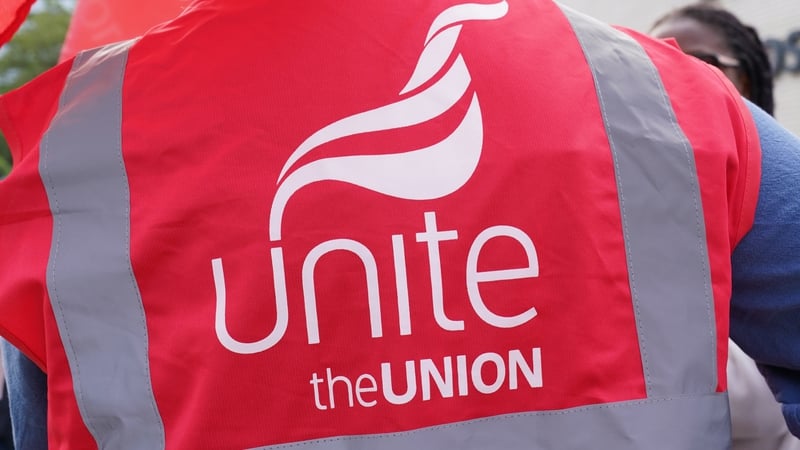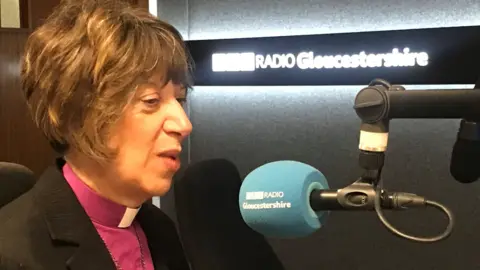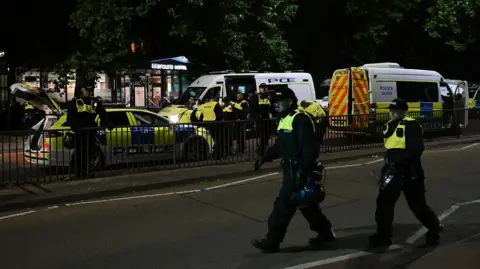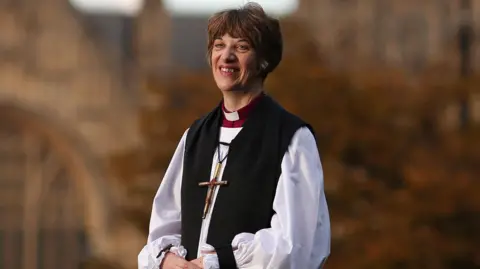Plumbers, fitters and welders to strike next month
Updated / Monday, 26 Aug 2024

Updated / Monday, 26 Aug 2024

Unite said that talks with the MEBSCA aimed at averting
industrial action broke down this morning
By Brian O'Donovan
Work & Technology Correspondent
Plumbers, fitters, welders and apprentices on construction projects, who are members of the Unite trade union, are to take strike action next month in a dispute over travel allowances.
The union said action will begin with a full day of work stoppages on Friday 6 September, with pickets placed at sites around the country.
Unite said that talks with the Mechanical Engineering and Building Services Contractors' Association (MEBSCA) aimed at averting industrial action broke down this morning.
Earlier this month, Unite members voted overwhelmingly for industrial action in pursuit of restoration of the first hour of 'travel time'.
The decision to ballot for industrial action came after initial talks with MEBSCA broke down at the beginning of July.
Unite said that the payment of the first hour of ‘travel time’ was originally cut as a ‘temporary measure’ following the 2008 financial crash and that it was meant to be reviewed after a year.
"If MEBSCA wants to avoid significant disruption to construction sites around Ireland, they must return to the table and engage meaningfully with Unite regarding restoration of the first hour of 'travel time'," said Unite regional officer James McCabe.
"Otherwise, there will be a further escalation in this dispute," Mr McCabe said.
MEBSCA has said that the first hour of 'travel time' has been incorporated into hourly rates since 2011 as part of an agreement reached with Unite.
"An agreement was entered into with Unite in 2011, which incorporated the first hour of travel into hourly rates," a MEBSCA spokesperson said.
"This agreement had the effect of increasing the hourly rate which also resulted in a higher rate being paid for overtime and holidays."
"Unite is now seeking to maintain the higher rate of pay while also seeking to reverse the agreement that was freely entered into by Unite at that time," MEBSCA said.
By Brian O'Donovan
Work & Technology Correspondent
Plumbers, fitters, welders and apprentices on construction projects, who are members of the Unite trade union, are to take strike action next month in a dispute over travel allowances.
The union said action will begin with a full day of work stoppages on Friday 6 September, with pickets placed at sites around the country.
Unite said that talks with the Mechanical Engineering and Building Services Contractors' Association (MEBSCA) aimed at averting industrial action broke down this morning.
Earlier this month, Unite members voted overwhelmingly for industrial action in pursuit of restoration of the first hour of 'travel time'.
The decision to ballot for industrial action came after initial talks with MEBSCA broke down at the beginning of July.
Unite said that the payment of the first hour of ‘travel time’ was originally cut as a ‘temporary measure’ following the 2008 financial crash and that it was meant to be reviewed after a year.
"If MEBSCA wants to avoid significant disruption to construction sites around Ireland, they must return to the table and engage meaningfully with Unite regarding restoration of the first hour of 'travel time'," said Unite regional officer James McCabe.
"Otherwise, there will be a further escalation in this dispute," Mr McCabe said.
MEBSCA has said that the first hour of 'travel time' has been incorporated into hourly rates since 2011 as part of an agreement reached with Unite.
"An agreement was entered into with Unite in 2011, which incorporated the first hour of travel into hourly rates," a MEBSCA spokesperson said.
"This agreement had the effect of increasing the hourly rate which also resulted in a higher rate being paid for overtime and holidays."
"Unite is now seeking to maintain the higher rate of pay while also seeking to reverse the agreement that was freely entered into by Unite at that time," MEBSCA said.









 The local Ballymoney newspaper ran an article on Harris's links to the town
The local Ballymoney newspaper ran an article on Harris's links to the town








